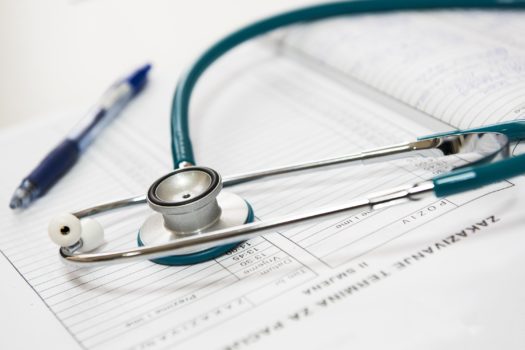Many methods exist for getting medical bills covered after your accident. If you needed emergency services such as ambulance and care flight, the entities will eventually bill you for those efforts. These types of emergency services are very costly, but, thankfully, they exist for most of us in the event we are terribly injured. These methods are in use on a daily basis in both Nevada and California, states where we practice
We will outline here the many ways that bills get paid.
- Cash, credit card or check.
- Med Pay from Your Own Insurance
- Med Pay from the Other Party’s Insurance
- Your Own Health Insurance
- Medical Liens on You and/or Your Case
Med Pay from Your Own Insurance
If you have car insurance and you are injured in an auto accident, you will have a part of your policy that covers “Med Pay”. When you set up your insurance you set the limit on this particular coverage. This aspect of your own auto insurance will pay up to the coverage limit for medical bills for you and others in your vehicle, generally.
If you are injured another way, perhaps a trip and fall on someone else’s property, and you do not have your own health insurance, your own homeowner’s or renter’s insurance may pay some of these bills. You will have to “tender” these bills (forward them) to your homeowner’s or renter’s insurance when you present a claim to them for these bills. A call to homeowner’s or renter’s insurance will tell you if you had some sort of Med Pay coverage. Ask the claims representative for a copy of all your coverages in effect at the time of the incident.
Your Own Health Insurance
Accidents are one of the reasons you carry your own health insurance. If you are employed, the insurance may be through your employer. If you are self-employed, you may being buying insurance through the Affordable Care Act health insurance exchange in your state. Either way, you are insured for medical treatment, even if the injuries are caused by a third party.
This is pretty straightforward in terms of getting your medical providers to treat you. You or another accompanying you will just present your valid medical insurance card at the time of provision of medical services.
What happens after your treatment is what becomes tricky. Although the medical insurance company will initially pay the doctor and emergency room, and any other medical bills generated in connection with your accident, they may later want to be reimbursed.

